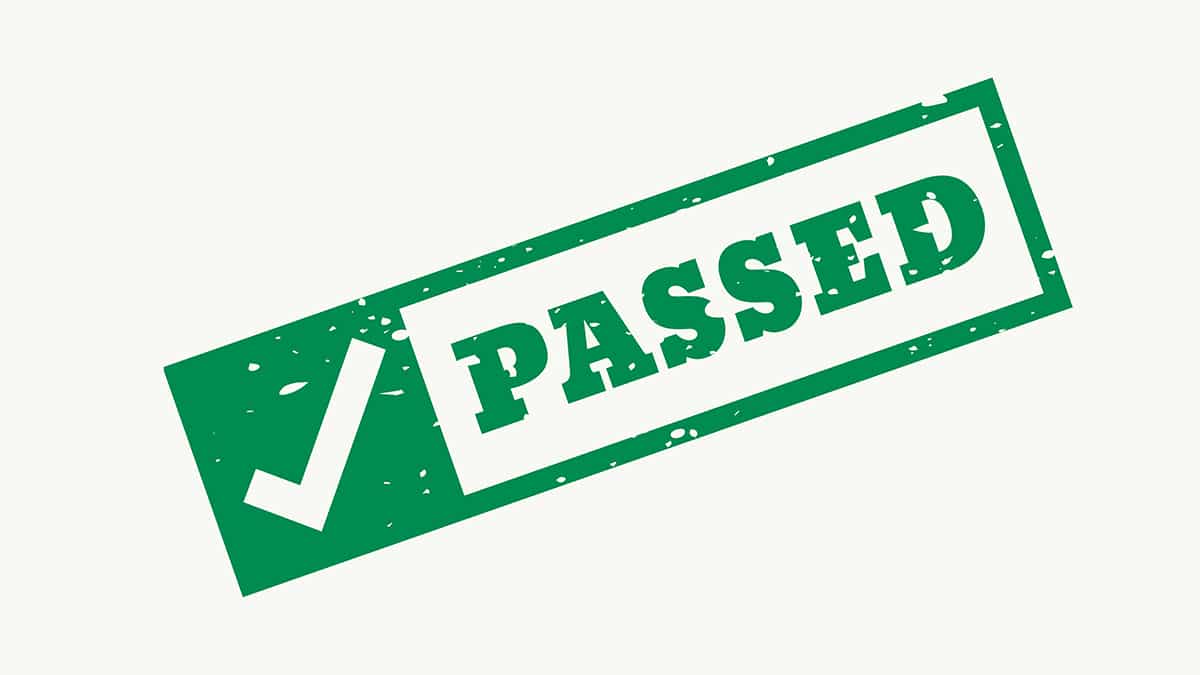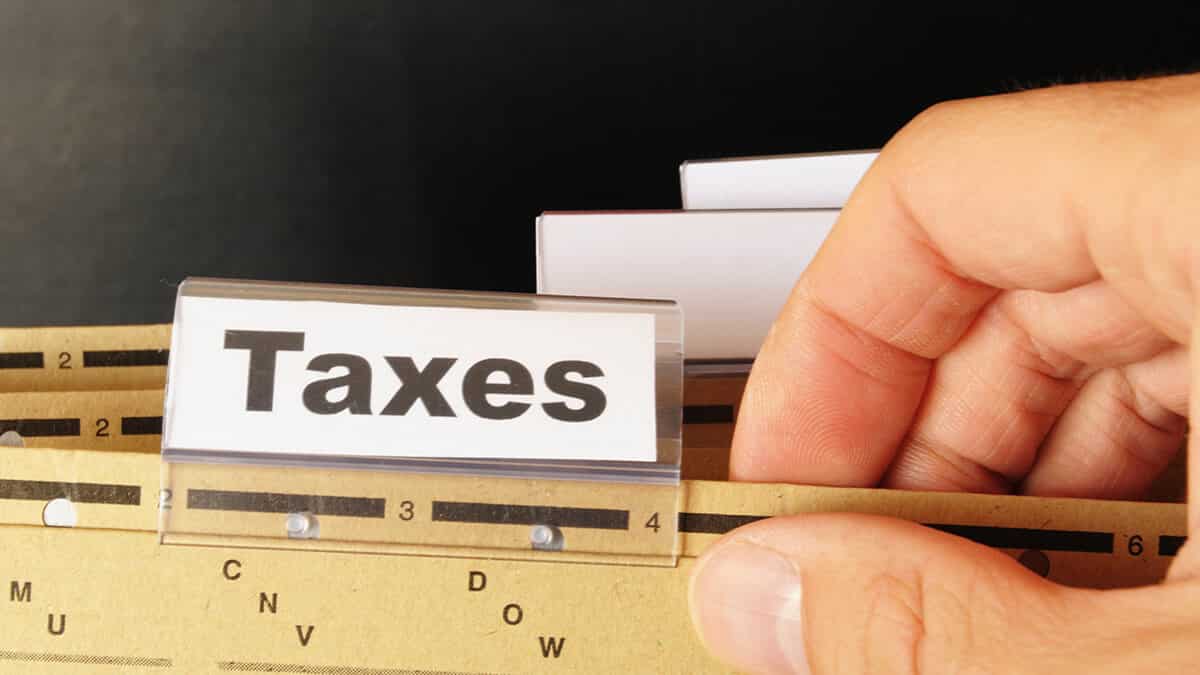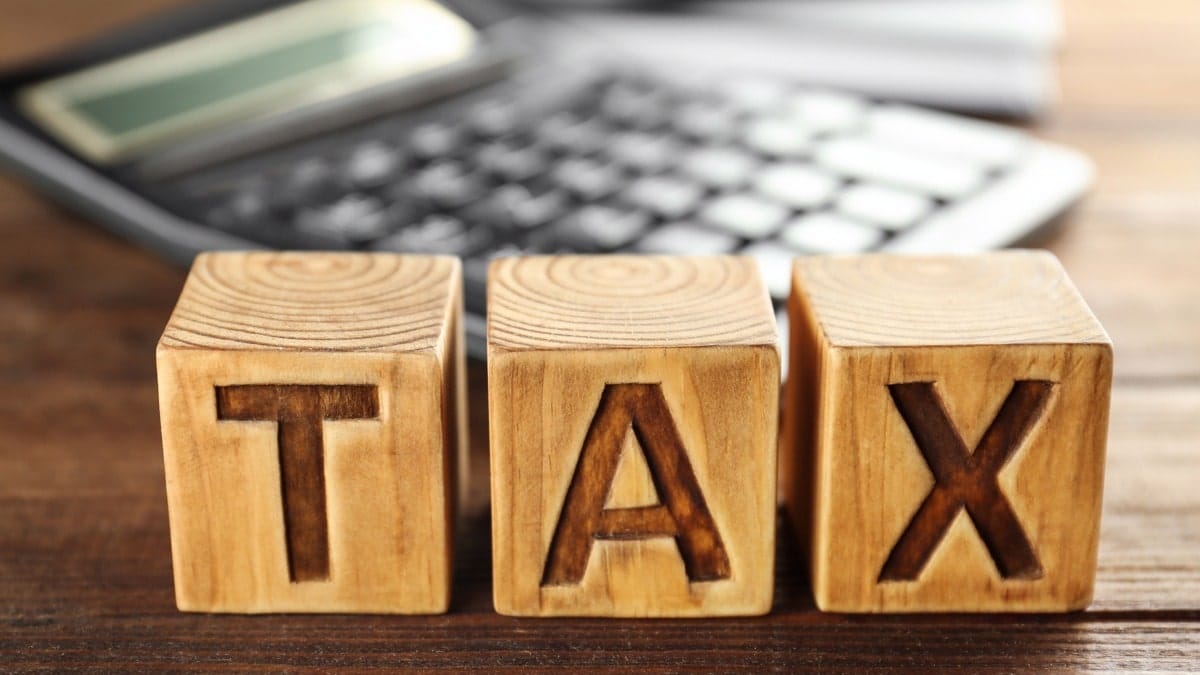In this guide
If you’ve got cash to spare and would like to boost your retirement savings, then making a tax-deductible super contribution is a great way to get the maximum bang for your buck.
Yes, that’s right. You can boost your super and get a tax deduction to sweeten the deal. But as with everything to do with super, there are rules and limits to the government’s generosity.
For starters, you can’t claim a tax deduction for super contributions your employer makes on your behalf. This includes your employer’s compulsory Super Guarantee and any reportable contributions above this amount, including any salary-sacrifice arrangements you may have.
You also can’t claim deductions for rollover payments from another fund, including foreign funds.
So what are tax-deductible super contributions?
Tax-deductible super contributions are contributions you make from your after-tax income for which you claim a tax deduction. This income may be from a variety of sources such as your take-home pay, savings, an inheritance or from the sale of assets.
Making a personal tax-deductible contribution can be a great way to offset capital gains you make on assets held outside super.
Read more about managing capital gains with deductible contributions.
Whatever the source, you can make a payment to your super fund from your bank account either as a one-off payment or a periodic direct debit.





















